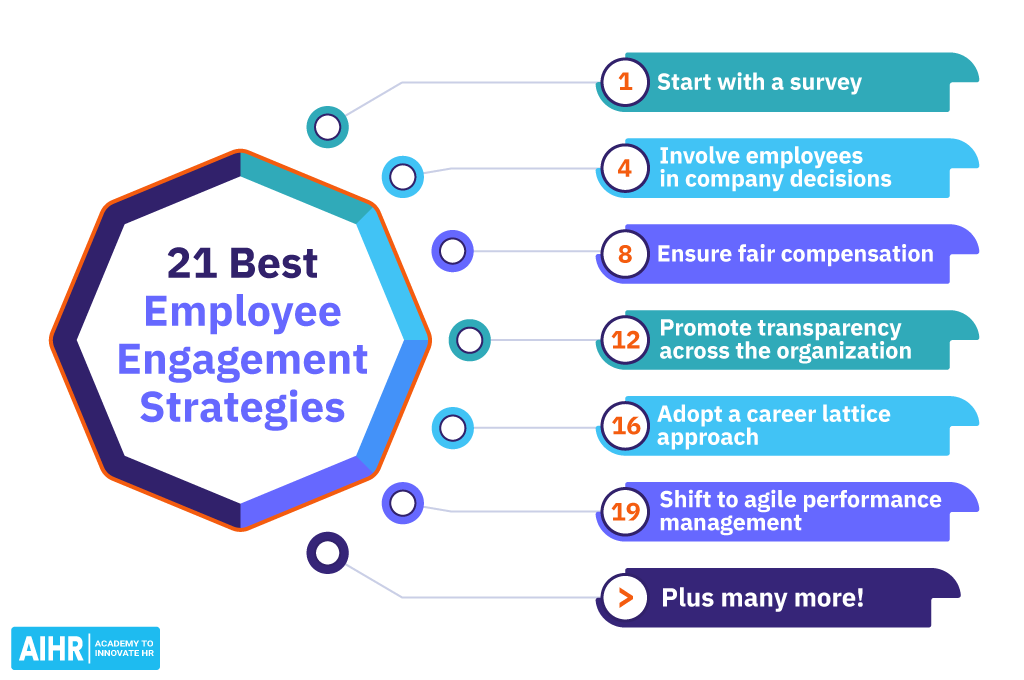That most elusive, universally sought-after emotion—love—has been a vexed issue that has challenged humanity for decades. From the ancient poets to modern psychologists, all have been easily attracted to this very loosely termed sentiment: love. But really, what is love, and how do we know we are experiencing it?
Love may be in various forms, from the simplest to the most intense form of expressions. Therefore, love experienced towards family and kinsfolk or relations differs from the passionate love felt towards the spouse or husband/wife. What earlier had been captured through literature and epics has been explored in recent research through its biological and cultural aspects.
Indeed, some researchers have developed theories on love that suggest its very dependence upon both biological and cultural factors—hormones such as oxytocin and those shaped by social norms or personal experience. Oxytocin is considered “the love hormone” since it assists in social bonding and attachment behaviors. Moreover, the upbringing and value system one has are very influential on how love is experienced and expressed in relationships.
Also Read : Navigating The Seven Phases Of Emotional Recovery From Heartbreak
In addition to satisfying one’s emotions, there exist deeper implications for love in aspects of health and well-being. A strand of evidence from research tends to prove that people involved in loving and supportive relationships have reduced risk factors for heart diseases, depression, and stress. Through emotional stability and companionship, such persons in loving relationships have the ability to positively contribute towards their mental and physical health. This is enough illustration that it is good to foster healthy relationship interactions.
The Love Test: How Much Do You Connect Emotionally?
A love test will help those who have been going through the quandaries of emotions to discover what kind of love they have. Conceived to gauge these very multiple elements of love, like attachment, passion, care, closeness, faith, and trust, a love test gives an insight in a more structured way into one’s feelings.
The quiz is not a judgment that thoroughly tells if a relationship will work or not but is more of a tool of self-reflection and clarity in its own way. It challenges somebody to reflect on their feelings and further analyze how deeply and strongly bound they are by emotional attachment with a partner. Such questions as those related to the basic issues, for instance, love, may help one better understand their personal romantic emotions and aspirations.
Indicators of Romantic Love: Signs You Might Be Falling
While love defies description that fits all, there are some common signs and behaviors associated with romantic love. These indicators can help people determine whether their interest in someone changes into a more intense emotional attachment.
Exclusive Focus: You find yourself focusing much on the romantic interest and prefer to spend time and energy developing the relationship.
Conflict Resolution: You generally try to resolve the differences in a friendly manner by paying proper heed to the human relationship and the happiness of your partner.
Empathy and Care: You are genuinely concerned about everything that relates to your partner’s needs, interests, and happiness. You consider their well-being to be as important as yours.
Gratitude and Appreciation: You feel your luck alive to have them as your life partner, showing respect and appreciation towards them—towards their presence and contributions.
Stable, yet Growing Love: Your feelings toward your loved one remain constant and become stronger with time; therefore, your emotional bond with your loved one deepens.
Engagement Emotionally and Intellectually: You importance of having meaningful conversations and being emotionally intimate, with the understanding that your connection is much more than just a physical obsession.
Future Orientation: You can imagine your partner in your future plans and aspirations, thus reflecting a commitment to a long-term relationship.
Resilient Bond: Conflicts and issues do not lessen the amount of love or dedication towards your partner. Infact, it shows how emotionally strong you are as a couple.
Relish in Togetherness: Ordinary things become enjoyable with a partner, adding companionship and pleasure to simple things.
Discovering Depths of Love: A Kaleidoscope of Emotions
Love, in all its forms and expressions, is central to the human experience. It takes on characteristics through family and friends, passionate lovers, and those that seem to mold our perception, way, and feeling. As we delve deeper to find the depths within this profound emotion, perceived opinion levels glow with its transformative power.
The Evolution of Love: From Ancient Myths to Modern Science
Historically, love has been portrayed in myths and legends as some power that can even transcend the mortal bounds of humanity to inspire great and tragic things. The ancient Greeks tried philosophically to define love by dividing it into classes: eros, or romantic love; philia, or friendship; and agape, or unconditional love. These laid the foundations for further literary, psychological, and sociological studies on love.

Today, scientific research has taken this subject to new dimensions. Biological markers of love, such as oxytocin release at the moment of close interaction, serve as an additive technology for attachment and affection. In doing so, this theory supplements cultural and psychological theories about love, which describe love in terms of childhood, social norms, or personal experience.
The Psychology of Love: Relationship Science Explained
For a very long time, psychologists have been working toward an understanding of the dynamics of romantic relationships—trying to unravel mysteries of attraction, compatibility, and longevity. At the hub lie theories such as attachment theory by John Bowlby, which links caregiving experiences in infancy to adult attachment styles and, in turn, relationship behaviors.
It is according to attachment theory that very early interactions with caregivers lead to the formation of internal models about relationships, which inform an individual’s ability to establish and maintain an intimate relationship. If one is securely attached, he or she will be more trusting, able to be intimate, and resilient when in a relationship. Otherwise, insecure attachment styles may take anxious or avoidant forms, manifesting in ways that block emotional closeness.
Moreover, research on love languages, as different ways of expressing and receiving love, draws attention to the fact that sometimes emotional needs vary for people in relationships. Knowing one’s and one’s partner’s love language may be an instrument in enhancing communication, emotional connection, and mutual satisfaction.
Love and Well-being: The Health Aspects of Healthy Relationships
It has much deeper implications when connected to physical health and well-being. Studies clearly indicate that those who are in loving, supportive relationships show less stress and reduced risk from cardiovascular diseases, improved immune functioning, and so on. The effect of emotionally stable and socially supportive healthy relationships helps contribute toward resilience and a longer life span.
It affects mental health outcomes by providing a protective factor against depression, anxiety, and loneliness. In acts of loving, it will offer a sense of belonging and emotional validation, fostering positive self-esteem and psychological well-being, further reverberating on the importance of cultivating healthy relationship balance.
What Are the Challenges and Opportunities to Navigate Love in the Digital Age?
Turning to love and relationships in the cyber age, technology and social media further mold the changing dimensions in this arena. No doubt the digital media provide unprecedented opportunities in connecting and communicating, but at the same time, they pose challenges to authenticity, closeness, and boundary-setting.
It would seem that online dating applications and social media have highly changed the character of how individuals meet and get to know one another, vastly growing the pool of romantic potential while adding frequently/ elaborate complications. In a digital setting, mindfulness and self-actualization combined with clear communication enhances the possibility of forming meaningful connections and building healthy relationships.
Cultural Conceptions of Love: Diversity and Universality
It manifests differently across cultures due to the uniqueness of values, tradition, and beliefs in every society. Cultural norms dictate relationship dynamics, marriage practices, and family expectations, hence giving shape to a person’s perception and expression of love.
From the orderly institution of marriages in traditional societies to modern conceptions of romantic love in Western cultures, one sees how the perspective of culture identifi es the location occupied by love at the junction of identity and social structure. Exploring these culturally defi ned meanings of love will allow us to better appreciate both the universal themes of love and its varieties that come into play across cultures.
Embracing the Complexity of Love: Toward a Growth-Oriented and Relational Understanding
As we, unbeknownst to us, navigate through the maze of love, we begin with a journey in self-discovery, emotional growth, and interconnecting people. Relations—familial, platonic, or romantic—are the paths toward closer proximity, more profound understanding, and mutual support between two people.
Healthy relationships, based on trust, respect, and genuine affection, are fostered through the development of understanding, susceptibility to vulnerability, and good communication. Seen as fluid, the dimensions of love bring flexibility to embracing its many dimensions with openness and authenticity; as such, it makes deeper connections for the enrichment of lives. Conclusion: Love as a Continuum of Human Experience
In the final analysis, love is much more than a feeling. Human experience contains within itself a profound continuum that stretches from its biologist underpinnings to its cultural expressions and leaves indelible marks on the formation of identity, relationship, and emotional topographies.
Research, introspection, and experience are what will help unfurl its dimensions as we press on, deepening our understanding of its transformative powers and enduring significance. Whether rejoicing over blood ties, nurturing friendships, or embracing romantic connections, love remains an essential force that can enrich our lives and define our common humanity.
It is in this embrace of love’s diversity and complexity that we give it the regard that its capacity to inspire, heal, and unite us across time, culture, and circumstance deserves. It is in this way that we endow a legacy of love: empathy, compassion, and commitment to healthy relationships—crossing generations, shaping the future of human connection.
May it be that the love given and received will forever prevail in our pathway as we journey through life, shining to prove the beauty of being human to each other.
Conclusion
Love is a complex phenomenon that enriches our lives in deep ways, influencing feelings, behaviors, and health. Be it biologically, culturally, or through personal experience, love does not remain enclosed within boundaries and shapes the dynamics of our relationships. Knowing what makes up love and being able to identify its signs can help individuals steer their journeys of love more clearly and powerfully.
Overall, research and investigation into love are individual tasks that are inconceivably in a state of flux. Researching multitudes of its intricacies leads us to knowledge that may perhaps throw light on the inner landscapes of our emotions and the very connections that give meaning to our lives. Perhaps no easier or more difficult subject has been researched than love, with all of its twists and turns. It is a timeless, continuing subject of further investigation that lets in endless opportunities for growth, fulfillment, and deep human connection.

